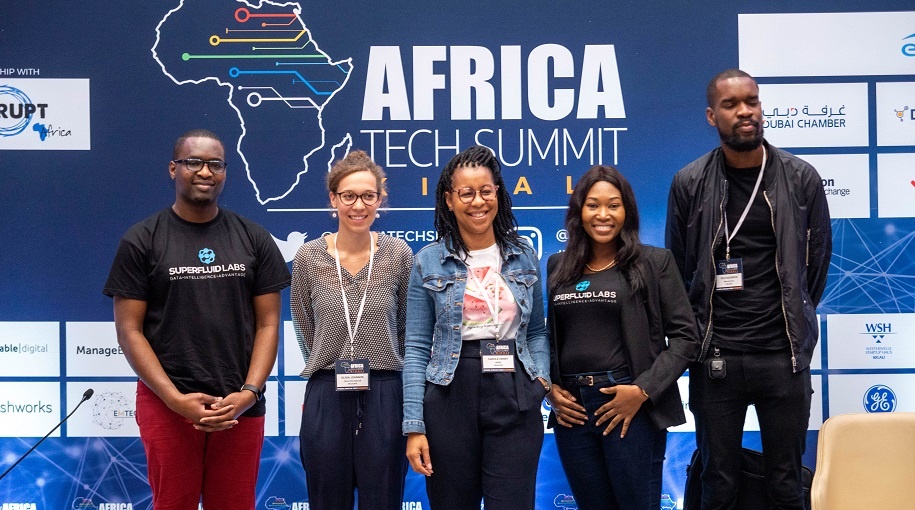Everyone accepts that more partnerships between startups and corporates are necessary, as they are mutually beneficial. But putting them in together and ensuring they work well remain huge challenges.
Mutually beneficial partnerships between corporates and startups are becoming more common in Africa, even to the point of becoming a key aspect of many events and accelerator programmes.
The basic reasons why these partnerships are becoming more common are well-established. Corporates are not innovative beings, they cannot develop exciting, impactful solutions quickly. For that they need startups, which in turn lack the distribution abilities and access to market a corporate has. Corporate partnerships are also an excellent alternative to fundraising for startups, indeed often preferable as no equity is given away.
The combination of the two, then, is a match made in heaven.
Yet putting such partnerships together can be a challenge. Last November, at the AfricArena conference in Cape Town, I heard Anton Kleingeld, head of strategic partnerships and alliances at South African financial services giant Old Mutual, tell the audience how the company was struggling to disburse cash from its ZAR500 million (US$33.4 million) Enterprise and Supplier Development Fund as many of the startups it meets are too early-stage or not a good fit.
The fund was launched by Old Mutual to assist South African small, micro and medium-sized businesses that are existing or potential suppliers, but Kleingeld said the company was “struggling to spend the money” in spite of taking part in a raft of accelerator programmes and similar initiatives.
The problem, he said, is that many of the companies that pitch to him are too early-stage, and even when a startup is developed enough there are still a whole host of challenges when it comes to establishing a corporate-startup partnership, such as not having the right documentation.
Corporates, then, are having challenges sourcing relevant and qualified startups.
There are challenges on the startup side, too. It takes on average around 22 meetings and 26 months for a startup to secure a deal or partnership with a bank or other large corporate, if it happens at all, according to Keith Jones, co-founder of South African accelerator Sw7. He called on big businesses to better streamline the process of dealing with startups, but also said startups needed to understand better what corporates actually wanted and how they worked.
Even when these partnerships are secured, they can be unproductive. For example, corporate entities have been advised not to acquire African tech startups, as there is a body of evidence that doing so only serves to stifle their innovative nature and loses everyone money.
All of this contributed to our decision to launch Disrupt Pipeline, our new service that we revealed last week. Pipeline allows corporates – as well as investors and accelerator programmes – to easily source innovative startups from across the continent.
Over the last six years, the Disrupt Africa team has built up a vast database of African tech startups, a contact list that spans the continent, and deep expertise across a number of markets and verticals. For a few years now we have been helping various organisations identify and partner with relevant startups from across the continent, mostly recently French multinational utility company ENGIE. We thought it was high time we packaged this offering and made it available more widely.
Through Disrupt Pipeline, corporates can enlist the help of the Disrupt Africa database, as well as the team’s expertise and knowledge of the continent’s startup ecosystems, and get provided with recommendations and connections to suggested startups and entrepreneurs for their initiatives, as per their requirements. This service can also be combined with advertising campaigns via the Disrupt Africa platform to widen the net where necessary.
The goal is to offer a very personalised service to our customers looking to connect with African startups within strict parameters, and take a hands-on role in making the right connections. This will also involve working with startups to ensure they are meeting corporate requirements and have all the tools they need to make the most of any connections that are made.
This is necessary work. Startup-corporate partnerships are the future of Africa’s tech ecosystem, but there are very real challenges when it comes to putting together. With Disrupt Pipeline, we hope to do our bit to provide vital linkages between new and established businesses for the benefit of all.
For more information on Disrupt Pipeline or any other of Disrupt Africa’s services or offerings, please visit this page, or email Gabriella on gabriella@disrupt-africa.com, or Tom on tom@disrupt-africa.com.


